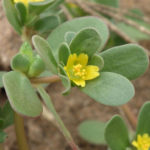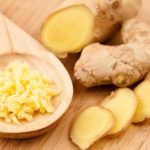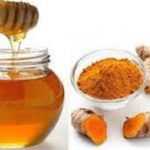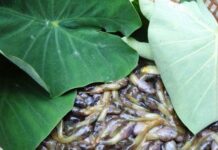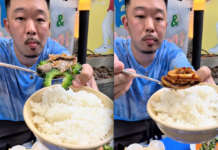It’s no secret that YouTube viewers have been bombarded with intrusive ads between videos, often featuring a catchy phrase like, “My family has cured all sorts of ailments for three generations.” These ads promote traditional medicine with a promise to cure everything from kidney stones to cancer. But how can we discern between legitimate and fake traditional medicine?
Let’s explore the world of these “three-generation” medicine ads and learn how to differentiate between genuine and fraudulent claims.
1 Rampant Traditional Medicine Ads on Social Media

YouTube has become a platform for self-proclaimed “herbalists” to advertise their services. Their ads often make bold claims such as, “My family has cured kidney stones, bone degeneration, premature ejaculation, and even cancer for three generations.”
Unfortunately, many people have fallen victim to these deceptive ads, losing money and sometimes even worsening their health. There have been numerous cases where individuals who trusted and used these so-called “traditional medicine remedies” advertised on YouTube ended up in the hospital with severe respiratory failure and liver and kidney damage.

2 Distinguishing Genuine Traditional Medicine from Fake Claims
According to TTND. Senior Physician Tran Van Ban, former Chairman of the Vietnam Oriental Medicine Association, Vietnamese people often confuse the use of traditional herbal remedies with traditional medicine. As a result, many individuals self-medicate for ailments such as stomachaches, colds, dysentery, and diarrhea.
Dr. Ban clarifies, “Genuine traditional medicine must have proven healing effects and be passed down through multiple generations. The Ministry of Health has established regulations for recognizing traditional medicine.”
As per Decision No. 039/2007/QD-BYT by the Ministry of Health, “Certificates for Traditional Medicine” are issued by provincial or municipal Health Departments to individuals who meet specific criteria. These “traditional medicines” are long-standing family remedies with a reputation for treating specific ailments and are recognized by the local Oriental Medicine Association, healthcare centers, and the provincial or municipal Health Department.
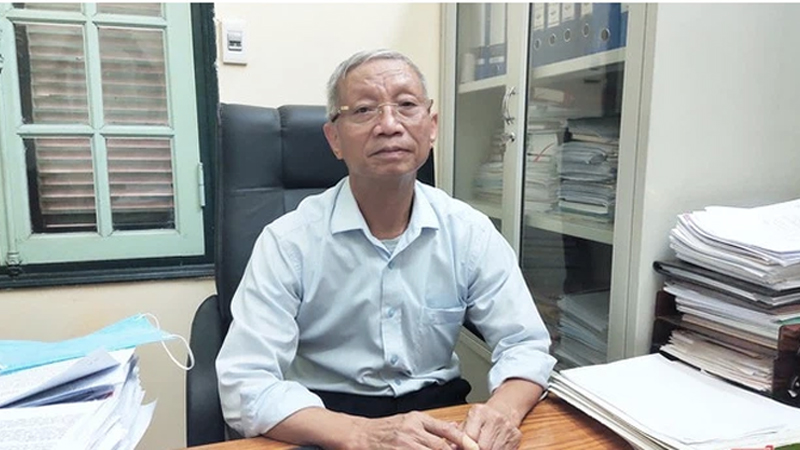
Mr. Ban points out that the YouTube ads for traditional medicine are unauthorized and not recognized by the Health Department. Furthermore, the remedies mentioned in these ads are unverified folk remedies rather than proven traditional medicines.

He cautions viewers against purchasing and consuming medicines advertised on YouTube, as they are unregulated and could cause financial loss and health complications.
Additionally, Mr. Ban advises that statements like “money-back guarantee if the treatment is ineffective” are not permitted in advertising licenses and should be disregarded by the public.
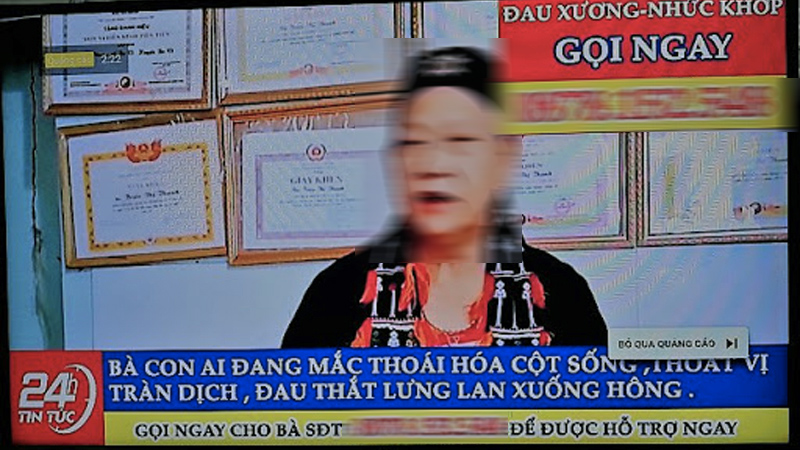
TS. Ngo Duc Phuong, Director of the Institute of Southern Medicine, adds that “advertising a cure for all diseases is misleading.” Conditions like bone degeneration and cancer cannot be cured by traditional medicine alone.
According to TS Phuong, “using herbal medicine is not as simple as eating vegetables, and it should not be used casually.” Improper preparation and usage can lead to herb toxicity and adverse health effects.
This article has provided insights into the world of “three-generation” medicine ads and offered guidance on distinguishing genuine traditional medicine from fake claims. We hope this information proves valuable to our readers.
For further reading:
>>
>>
>>


